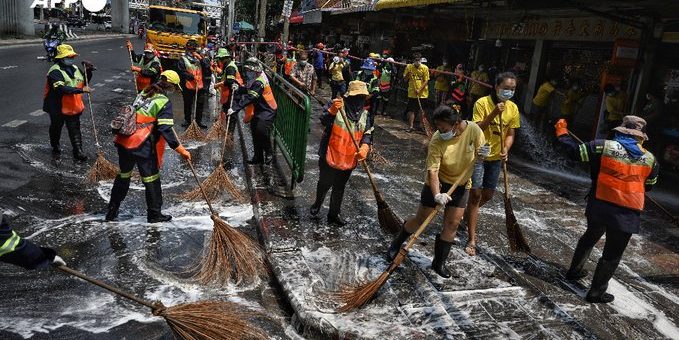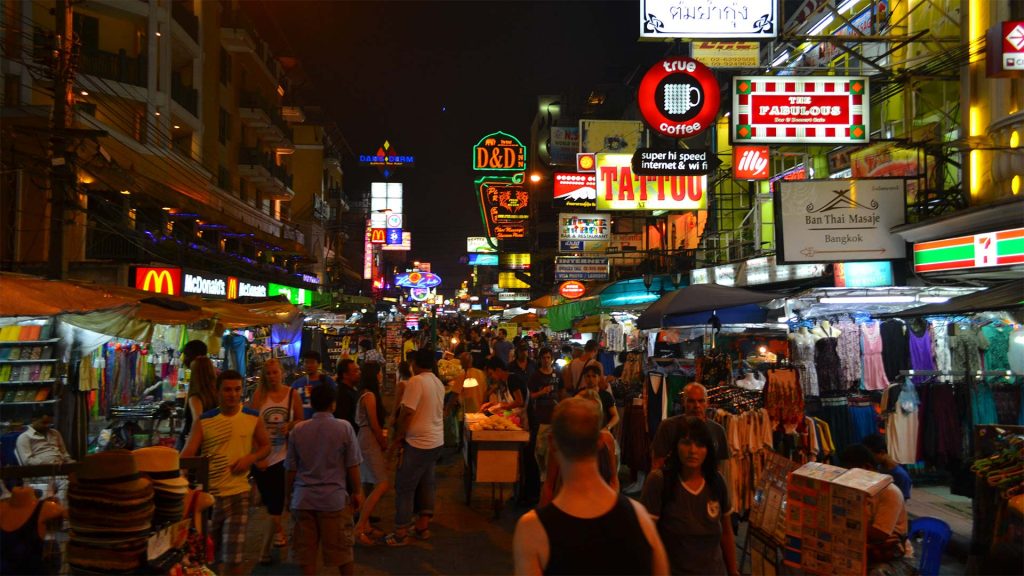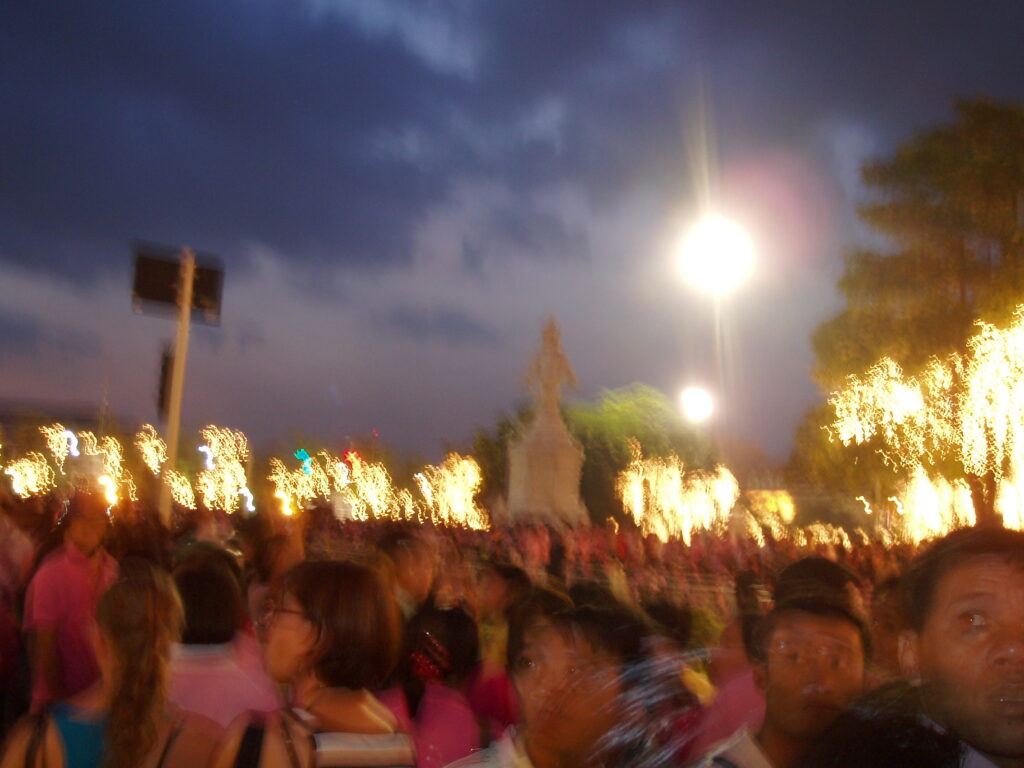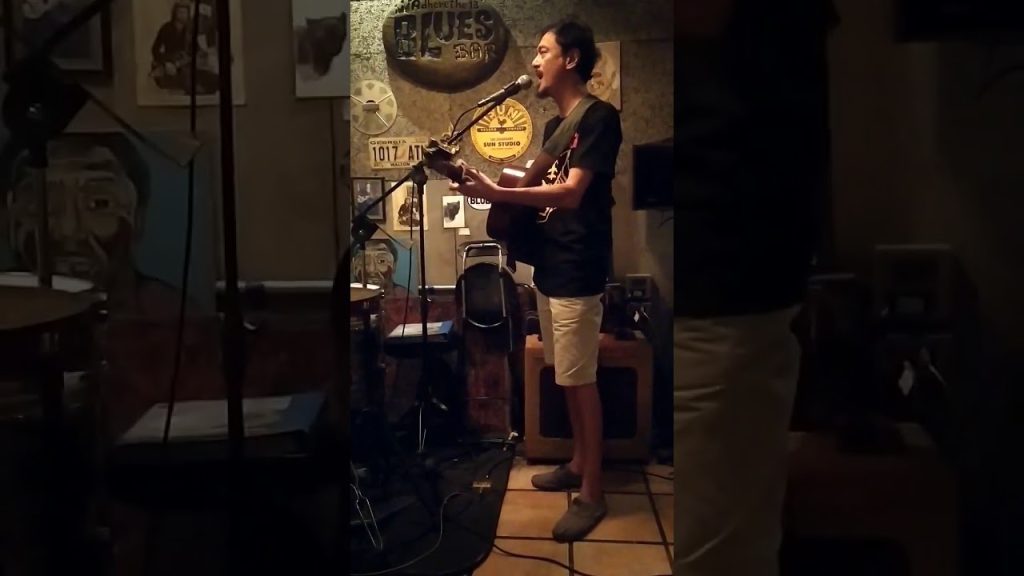
Bangkok, much like Phuket, has increasingly become a hotspot for social media activity that many locals and long-time residents find intrusive. The rise of content creators—some with little understanding or respect for local culture—has led to an environment where every public space feels like a stage.
From bustling markets to sacred temples, and even inside hospitals, it’s common to encounter tourists or expats filming elaborate videos with smartphones or action cameras. These clips often portray exaggerated or artificial narratives aimed at impressing online audiences back home. While sharing experiences is natural, the line between appreciation and exploitation can easily blur.
Popular spots such as MBK Center, Siam Paragon, or local food courts are constantly featured in repetitive content that adds little value beyond regurgitated commentary. For many Bangkok residents, these places are part of daily life—not exotic spectacles. It can be frustrating to go about one’s day only to be caught in someone else’s staged video shoot without consent.

Fine dining experiences are also affected. Imagine trying to enjoy a quiet meal only to have groups of content creators dramatically enter the restaurant, set up tripods, and dominate the atmosphere with their filming equipment. While travel influencers like Anthony Bourdain brought thoughtful storytelling to culinary exploration, today’s trend often feels more performative than insightful.
Sacred sites suffer the most from this trend. Temples and shrines, which hold deep religious and cultural significance, are frequently treated as mere backdrops for selfies or dramatic monologues. This casual disregard can feel disrespectful to both the Thai people and the spiritual essence of these locations.
Another growing issue is the constant stream of videos showcasing every living space someone rents—from luxury villas to budget hostels. These posts often serve as unintentional invitations for others to come to Thailand without a clear purpose or plan. While tourism brings economic benefits, there’s concern that some individuals use the country as an escape from personal struggles or unstable situations abroad.
The Thai government has taken note of these trends. Under current labor laws, foreign nationals engaging in content creation for profit must hold the appropriate work visa. Many who post sponsored content or monetize their videos may unknowingly—or knowingly—be violating these regulations. Whether authorities will enforce stricter measures remains to be seen, but many believe it’s time for clearer oversight.
In a world increasingly shaped by digital presence, perhaps it’s worth reflecting on how we engage with other cultures. Respect, humility, and awareness can go a long way toward ensuring that travel remains a meaningful exchange rather than a performance for likes and followers.



